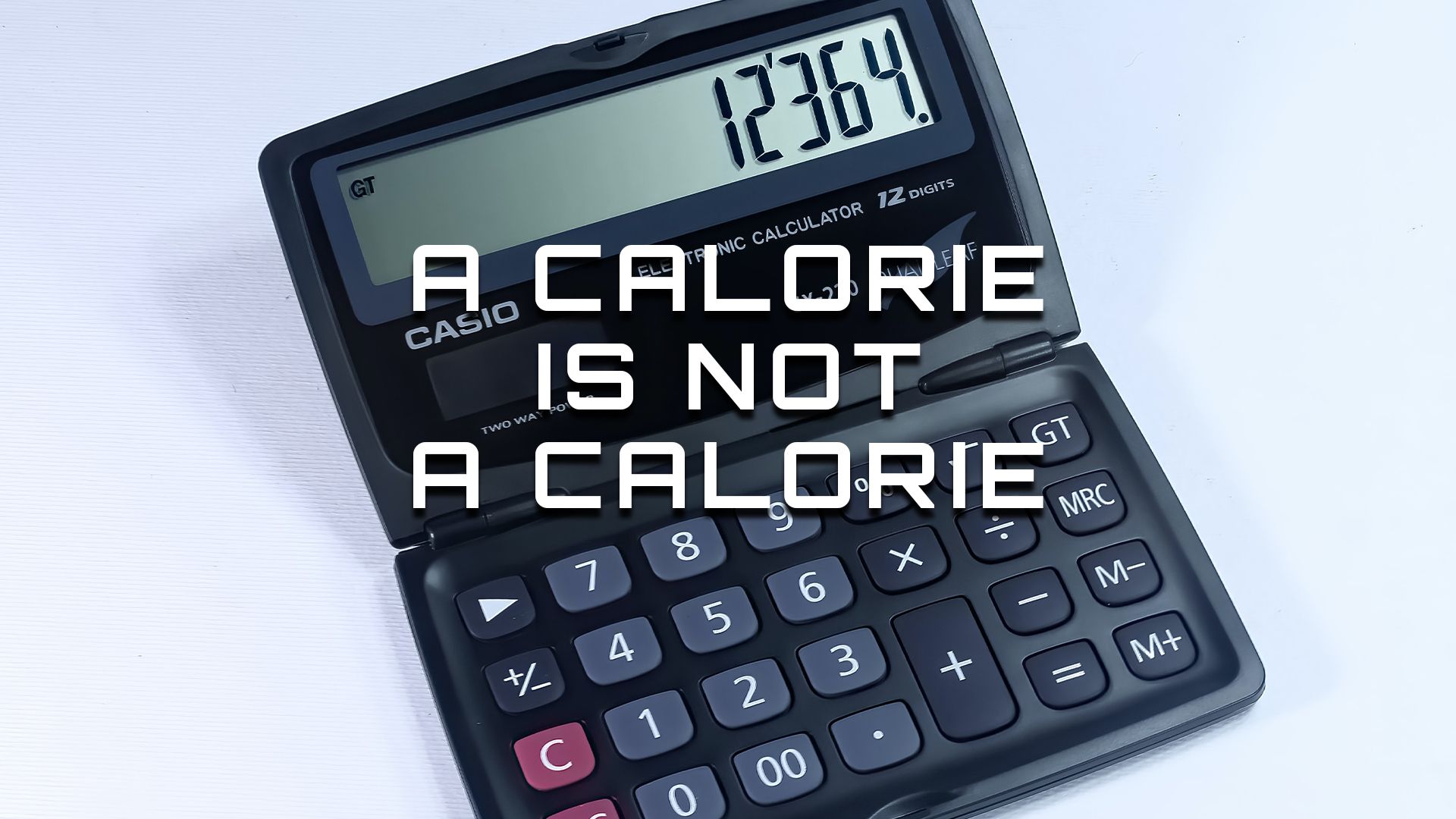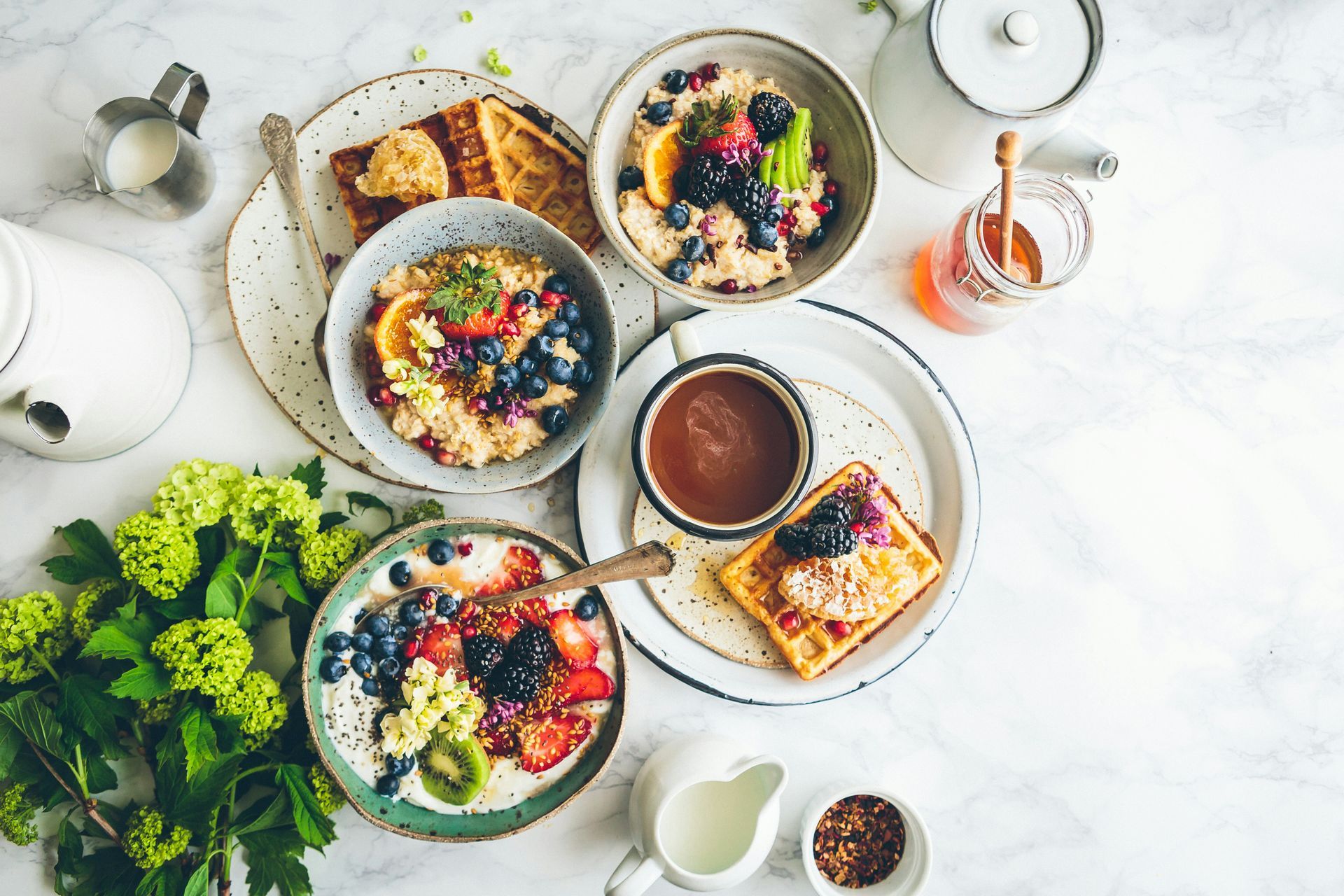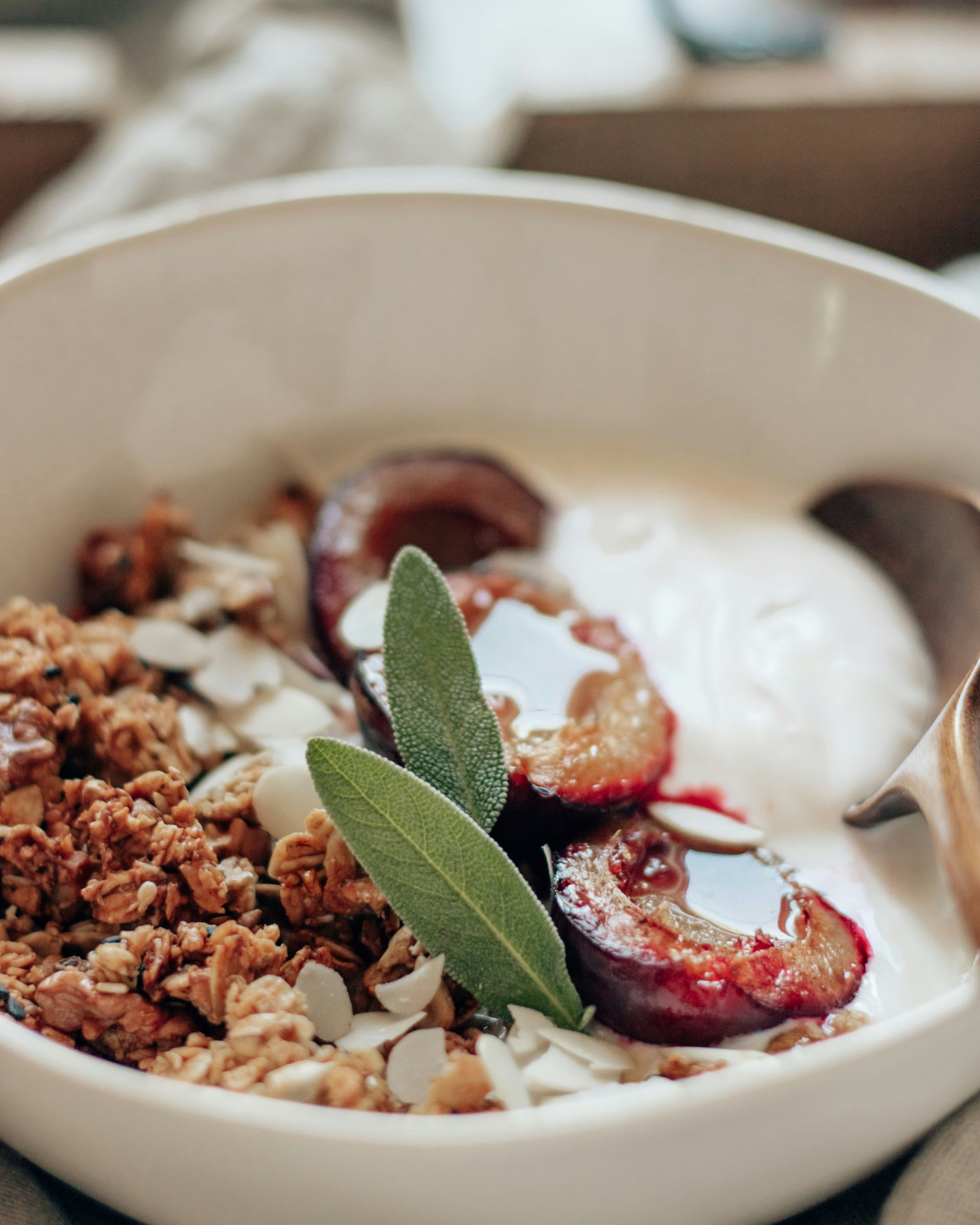
Why a Calorie isn't a Calorie?
I've read, been told, and even shared the advice that all one needs to do is eat in a caloric deficit to lose weight. Yet as the more experience I pick up as a personal trainer in working with a vast array of clientele and conducting my own research I have found that this statement is overpopularized and misleading.
The theory that a caloric deficit will induce weight loss assumes that EVERY calorie is the same, which means 100kcal of Nutella will have the same effect on your body composition as 100kcal of Green Beans, it sounds like a ridiculous statement doesn't it? Understanding this statement will allow you to begin to turn the corkscrew's in your head and challenge the theory.
The Law of Thermodynamics
Hard-headed gym-goers will always quote this law to prove their point, in that energy (calories) cannot be created or destroyed, but only transformed. This theory in relation to food and calories was proved in the early 60s by a group of scientists using pigs, ice, snow and a shell, but that's an interesting story for another time.
Calories consumed by us are metabolizable energy, meaning our body can transform them in one form or another, either to fuel exercise, vital processes in our body, waste and body heat. Body heat relates the thermic effect of food; a carbohydrate, fat and protein all have different thermic effects, studies have consistently shown that individuals consuming a higher protein intake (over 30% of their daily calories) will burn more than 70 calories in their sleep, and fat has a slightly better thermic effect than carbohydrates.
That's more than 70kcal per day burned on a high protein diet, which is almost 500kcal more per week right? That's going to make a difference in the long run.
The Problem with the Modern World
Foods on the go are available these days in their most reformed, processed, calorie-dense form that look and taste appetising, the average western diet is focused on these types of foods, as a consequence to social habits and the atrocious work-life balance, even our hospitals serve this type of crap in their vending machines to the public and staffers alike!
The idea of a calorie is a calorie is dangerous, one can rely on the statement so much that they would assume a ready-meal sandwich from Marks and Spencers which has about 500kcal, is the same as the vegetable, wholegrain and protein-rich meal they couldn't be bothered to prepare for themselves earlier last night.
Look, a sandwich here and there won't make a difference in the short term, but the long-term consequences will weigh heavy for those with health and fitness related goals.
The Hormonal Shift
Now that you've understood how social aspects of the modern world and consumer demands effect our diets, continuous and long-term intake of sugary, processed, calorie-dense foods have an adverse effect on your insulin levels, causing a shift in the "partitioning" meaning, the way your body deals with calories.
Immediately after consuming such foods, your blood sugar and insulin will rise, promoting the desposition of calories into your fat cells instead of for usage of energy in lean muscle mass, thereby causing weight gain through increased hunger and slowing your metabolism.
How many times have you been felt ''full'' in a restaurant, then all of a sudden the server passes by holding a plate of oven-fresh creme brulee, then all of a sudden you're hungry again! This is a combination of a drop in your blood sugar, and possible psychological effects the look and aroma of foods may have on you.
Long-term habits and consumption can wreck the physiological engine in your body, and this is one of the ways. A calorie-matched high protein and nutritious meal will not have the same blood sugar, and insulin spiking effect that your junk will, and will likely promote muscle protein synthesis and keep blood sugar at a healthy level.
Thus, proving the point that a calorie IS NOT a calorie once consumed.
Feinman, R.D. and Fine, E.J., 2004. " A calorie is a calorie" violates the second law of thermodynamics. Nutrition journal, 3(1), pp.1-5.
Rifai, T. and Rhee, L.Q., 2021. On Energy Balance and Weight Control—Is a Calorie a Calorie?. American Journal of Health Promotion, 35(6), pp.878-880.
Vancouver
#health #fitness #nutrition #personaltrainer #personaltrainernearme #ruislip #harrow #london #northwood

Start Today!
Ready to transform your fitness journey? Take the first step towards achieving your goals with personal training!
My take on Health and Fitness



